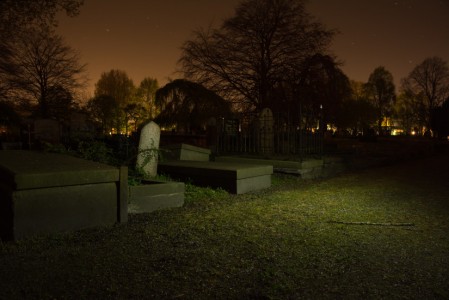
NLEResources.com is happy to highlight several essays by Rabbi Resnick featured on his website JewishClarity.com over the coming months. Last month’s introductory essay addressed L’iluy Neshama – Helping & Maintaining Our Relationship with the Deceased – Part 1. This essay is Part 2: Honoring our Deceased Relatives and Bringing Merit to our Loved Ones.
Learning Torah is the greatest single merit — it can heal the sick and even change the laws of nature.
Learning Torah is the greatest single merit l’iluy neshama, seven times more beneficial for the neshama than for one to only lead the davening or say the Kaddish (Yosef Omitz from Rav Yosef Norlingen, a contemporary of the Bach in the 1600s).
The Zohar explains that — “Every facet of creation, from the lowliest creature to the loftiest angel, continues to exist solely through the spiritual life force emanating from the toil in Torah.” (Bereshis 47a and Vayeishev, cited by the Nefesh HaChaim in Section 4)
And the Nefesh HaChaim says — “Acceptance of the yoke of the Torah hakedosha lishma l’amita (holy Torah with complete purity) elevates oneself above this entire world.” (4:18)
Many gedolim (great Torah scholars), like the Netivot and the Yesod v’Shoresh Ha’Avodah, requested in their tzva’ah (final will and testament) that their sons, students, and friends should all learn mishnayot for the zechut and tikun of their neshamot. Rebbe Akiva Eiger even asked that this request be publicized in the newspaper — “My students and my friends should learn all throughout the first year, one perek of mishnayot every day for the zechut of my neshama, and then on the yartzeit every single year.” (L’iluy Neshama, p. 38)
The Radvaz in his tzva’ah (final will and testament) spelled out the critical importance of learning Torah with a remarkable request to his sons — “Be careful to learn a daf (full page) of gemara every day that you say Kaddish. And if there is any day that you, G-d forbid, have to miss this learning [of gemara], be extremely careful (tizharu me’od me’od) not to say Kaddish on that day at all, because it will not give any nachat ruach to my neshama at all. Be careful with this.” (Ibid. p. 37)
Mishnayot learning has been universally adopted as a customary practice for those wishing to help l’iluy neshama (Aruch HaShulchan, Yoreh De’ah 376:13, Be’er Heitiv Orach Chaim 1:6).
Please click here to read the full article.



















